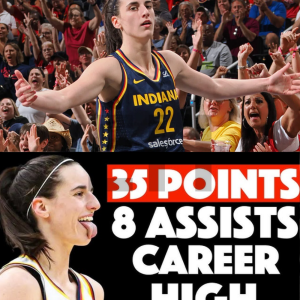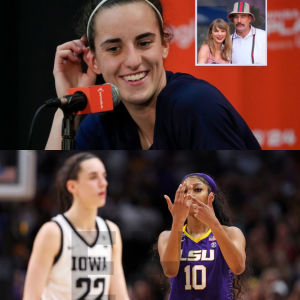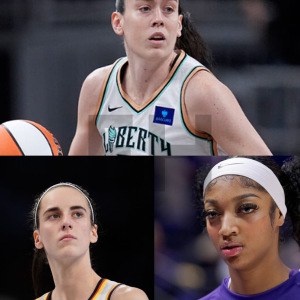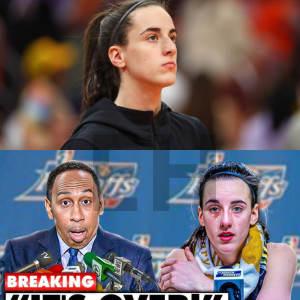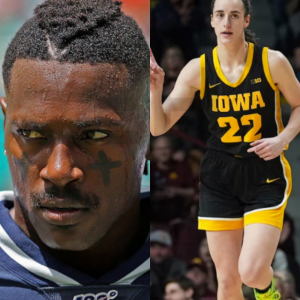The WNBA playoffs have taken a hit in viewership, and some are pointing to a key factor: the absence of rising college basketball star Caitlin Clark. Known for her electric performances and popularity, Clark captured the attention of sports fans across the country during the NCAA tournament, with many eagerly anticipating her transition to the WNBA. However, her absence in this year’s playoffs has coincided with a significant drop in ratings, raising questions about the league’s ability to draw and maintain a broad audience.

Some players and commentators in the league have attributed the ratings decline to deeper societal issues, with claims of racism being a recurring theme. They argue that media coverage and fan interest are often more robust when white players like Clark are in the spotlight, while the league’s predominantly Black players are not receiving the same level of recognition or support. This sentiment has stirred controversy, as some believe that blaming racism detracts from other underlying factors, such as marketing strategies, league visibility, or the style of play.

On social media, this debate has escalated, with heated exchanges between fans, critics, and athletes alike. While some players have spoken out about the racial dynamics they feel contribute to the disparity in attention, others call for more nuanced discussions about the WNBA’s long-term growth strategies and the challenges of maintaining a consistent viewership base.
Ultimately, the decline in WNBA playoff ratings seems to be a multifaceted issue. While Caitlin Clark’s magnetic presence undeniably drew significant attention to women’s basketball, attributing the current ratings drop solely to her absence oversimplifies the situation. As the league continues to evolve, the WNBA will need to balance star power, player advocacy, and audience engagement in its pursuit of greater mainstream relevance.
